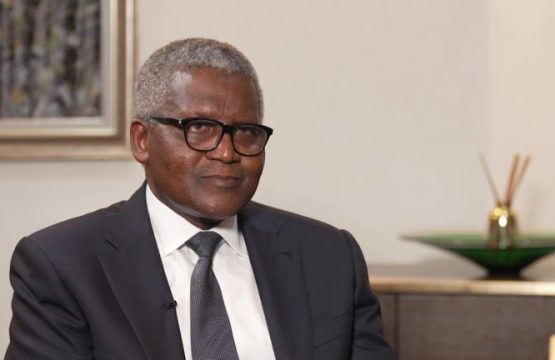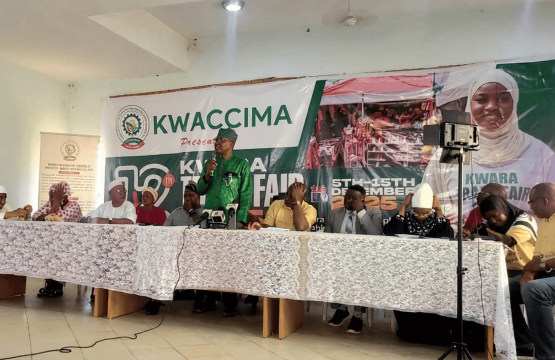The Association of Food, Beverage, Tobacco Employers (AFBTE) has requested the Standards Organisation of Nigeria (SON) to reduce the frequency of regulatory checking on their productions process .
The AFBTE Chairman, Mr. Fred Chiazor, bore the minds of the member companies during a courtesy visit to the Director- General/Chief Executive of SON, Dr. Ifeanyi Chukwunonso Okeke, at SON’s Operational Headquarters in Lekki.
Mr. Chiazor expressed concerns regarding the current frequency of MANCAP inspections, noting that reducing the number of checks could ease operational pressures on manufacturers.
He also raised the issue of unauthorized imports of substandard MSG products, urging SON to intensify its oversight to protect consumers and uphold quality standards.
Dr Okeke stressed that continuous review of regulatory practices is essential for addressing industry challenges and ensuring food safety across the nation.
The discussion extended to exploring collaborative opportunities for capacity building and research.
Both parties agreed that a strengthened partnership between industry stakeholders and SON would foster innovation in testing methodologies and regulatory compliance, ultimately contributing to national economic stability and food security.
During the meeting, Dr. Okeke reaffirmed SON’s commitment to public health and rigorous standardization practices, highlighting initiatives such as the new MANCAP logo designed to enhance product competitiveness.
Dr Okeke stressed that continuous review of regulatory practices is essential for addressing industry challenges and ensuring food safety across the nation.
Dr. Okeke also highlighted that the meeting served as a platform for open dialogue on streamlining processes and enhancing guidance for manufacturers.
He noted that such interactions are vital for identifying areas where the regulatory framework could be fine-tuned to better meet industry needs while safeguarding public health.
Concluding the session, SON’s management and representatives from AFBTE underscored the importance of continued collaboration.
They expressed mutual commitment to addressing pressing challenges and implementing measures that will support sustainable development in Nigeria’s food, beverage, and tobacco sectors.










